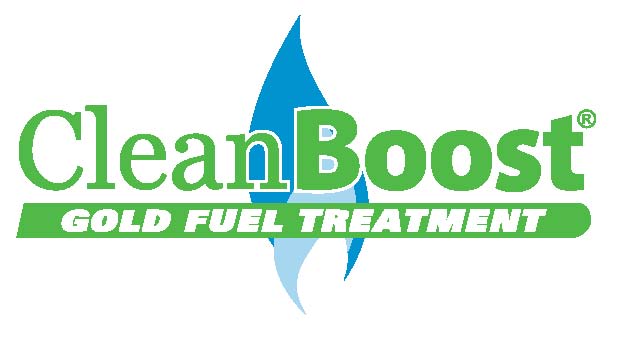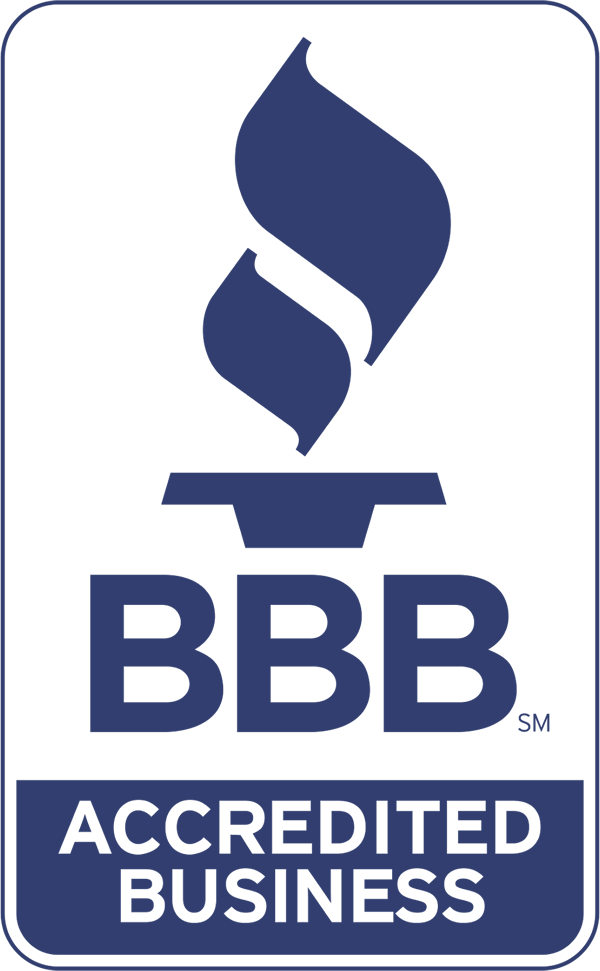CleanBoost Gold

Available Sizes of CleanBoost Gold: Diesel & Gas
Small Package Bottles: 8oz (236ml), 16oz (473ml), 32oz (.94L)
Small Package Bottles: 8oz (236ml), 16oz (473ml), 32oz (.94L)
Bulk Package Options: 55-gallon (205L), 330-gallon (1250L), 5500-gallon (20,820L)
CleanBoost™ Gold additive is an updated version of our CleanBoost Original formulation which is specifically developed to accelerate the combustion rate of hard-to-burn hydrocarbon molecules. It functions by promoting the decompression of the large fuel particles in the flame and thus produces smaller fragments, which in turn are quickly burnt. This facilitates to complete the final stages of combustion reaction by lowering the temperatures at which soot burns, while virtually eliminating opacity (black smoke) problems. Slagging, fouling and corrosion are also less likely, thereby extending equipment life. Don't be fooled by other products in the market place that claim they work, ask for lab testing, EPA Testing & Verification, cost per gallon treated and make sure if using ULSD, the fuel treatment has ASTM D6079 Lubricity testing, this helps save injectors. Storing gasoline equipment? CleanBoost Gold will help stabilize and prevent Peroxide build up.
CleanBoost™ Gold used with # 1, # 2 diesel, Bio-Diesel and ethanol and ethanol free gasoline fuels at a ratio of 1:4000 and comes in 8oz bottle (treats 240 gallons of fuel) 32oz bottle (treats 960 gallons of fuel), 1-gallon bottle (treats 4000 gallons of fuel), 5-gallon and 55-gallon options for fleets and end users. CleanBoost Gold dramatically reduces the carbon particulate emissions while simultaneously reducing the excess air requirements. The benefits are more efficient combustion which produces more energy and less emissions per unit of fuel burned. There is the obvious saving associated with increasing the energy output of the fuel. The increased combustion also increases efficiency by reduces fouling and corrosion thereby improving heat transfer, extending equipment life, reducing maintenance costs and minimizing interruptions of equipment operations. The environmental benefits of using CleanBoost™ Gold in all types of combustion applications. CleanBoost™ Gold promotes the combustion of the carbon particles (soot) and condensed tar which result from the incomplete combustion of fuels. Reduced soot means cleaner air quality and cleaner running equipment. CleanBoost Gold diesel fuel additive has been tested for increased lubricity in today's ULSD fuels. ASTM D-6079 shows a large reduction in friction over diesel alone, which in return will increase the life of fuel system components and engine life.
Today we have a new generation of electronically controlled, low emission, high speed and high horsepower diesel engines. The reason for this new technology is the need for diesel engines to meet the clean air acts of 1998, 2002 and 2007. They are accomplishing this by using electronic injectors and by changing the diesel fuel we are presently burning.
With this new generation of diesel engines you need to take precautions to properly maintain the engine. This includes installing a proper fuel / water separator along with using a proper fuel additive designed to meet the challenges for today’s electronic controlled engines. If you take these precautions it will save you costly down time and money.
In order to understand the 1994 version of diesel fuel criteria, we must go back to the 1970's. As a result of a growing demand for middle distillates, which include kerosene, jet fuel, #1 and #2 diesel fuel... refineries no longer simply distilled crude oil to make distillates, they resorted to catalytic cracking.
The difference between light, middle, and heavier fuels is the boiling ranges. The cat-cracking process breaks up heavier fuels so they will meet the specifications for the lighter products, the refineries made the investment to catalytically crack more crude. Today’s heating oil and diesel fuel that you buy are the product of severe catalytic cracking.
So what does this mean? Fuel that has been refined this way doesn’t want to stay in its new form. It wants to change back into something heavier. The heat of an engine raises the temperature of the fuel in the return lines, thereby accelerating the formation of particulates. In fact any energy that we put into today’s diesel and heating oil (regardless of sulfur content) speeds up the production of solids. These solids take many shapes and forms. They are typically sticky gums, varnishes and sludge's that will plug filters, strainers, nozzles, and injectors. In fact 93% of what clogs today’s filters is not dirt or algae, but it is the repolyermerization of the fuel. The microscopic particulates that form will grow larger and eventually clog your fuel system. Clean Boost will not only help this process from not happening, but at the same time reduce emissions and reduce fuel soots within the engine. Cleaner fuels mean longer running engines.
Clean Boost helps the following in diesel engine application in our ever-growing trucking Industry.
Lower fuel consumption (ie. Better fuel efficiency)
Cleaner exhaust emissions
Lower maintenance requirements
Fewer carbon particles in lubricating oil
Carbon deposits in the combustion chamber are reduced
Easier starts in cold weather
Tank Hygiene and Maintenance
Does you fuel tanks look like this? Most companies that have fuel storage tanks
do not have them tested annually, if you are not looking at your fuel on an annual basis,
you may have hidden problems that will show up when at least expected.
It is a good idea to pull a visual sample at least one to two times a year to make sure
you fuel supplier is delivering quality fuel and so make sure you are not
getting a build up of water, algae and microbial growth.


